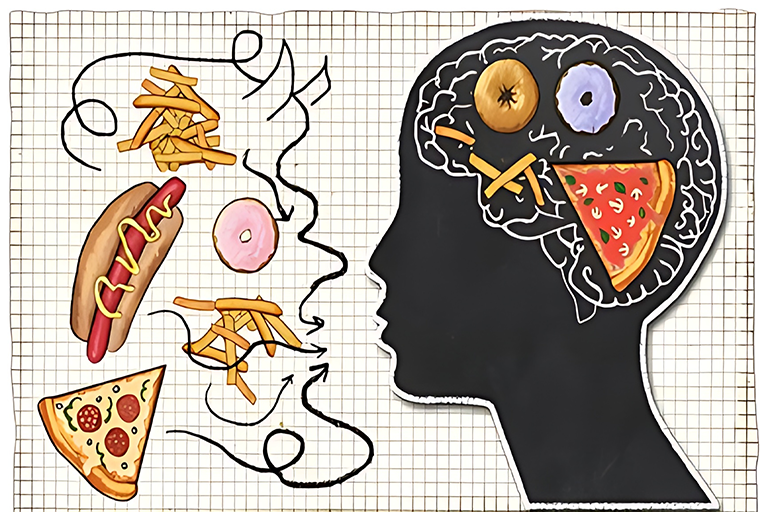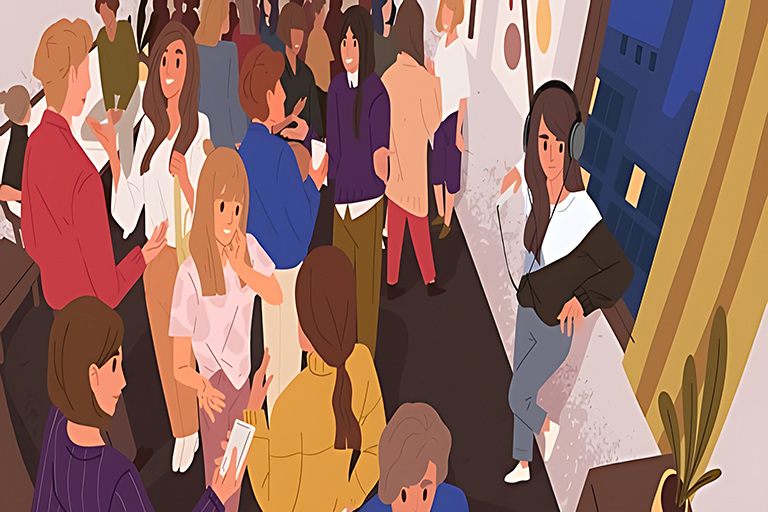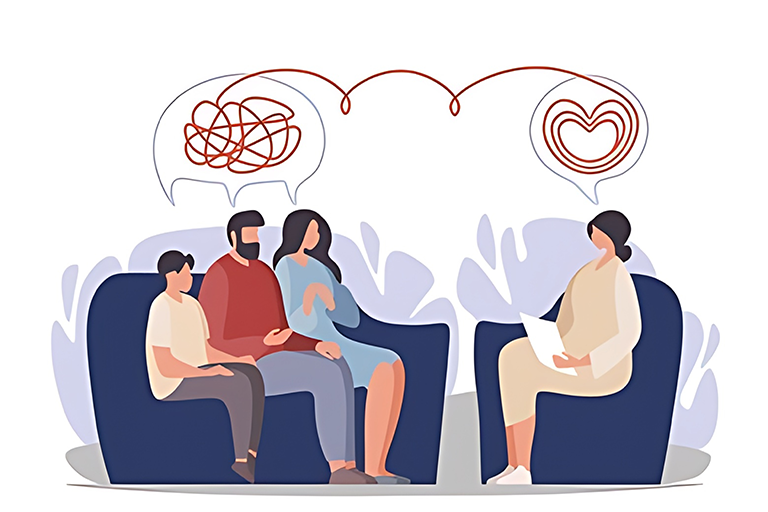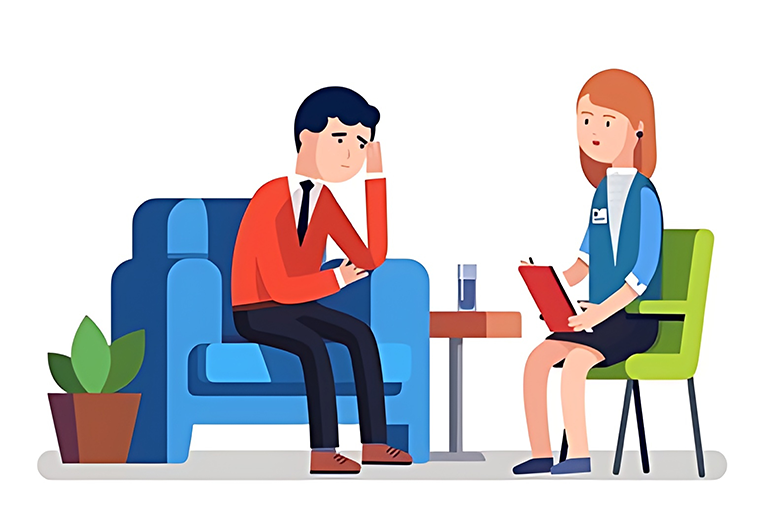Schizophrenia is a chronic neurological condition. Disorganized speech, delusions, a lack of drive, difficulty thinking, and hallucinations are a few of the symptoms. However, there are numerous therapies available to lessen the symptoms, and it is also possible to reduce the likelihood of a recurrence.
What is Schizophrenia?
Schizophrenia, one of the most feared mental illnesses, has afflicted people for endless years without getting any better. In 1860, schizophrenia became recognized as a distinct clinical entity falling under the category of dementia precog. Approximately 7000 publications on the topic were published between 1936 and 1956. In the past 100 years, more researchers have written about schizophrenia than have written about all other mental conditions put together.
Regarding its course, definition, causes, results, and therapies, people’s knowledge is still appalling. Although there is no long-term treatment for schizophrenia, research is pointing in the direction of safe and cutting-edge approaches. Researchers are figuring out the origins of the illness by examining genetics, using cutting-edge imaging to examine the function and structure of the brain, and doing behavioural research.
The effects of Schizophrenia
Due to the intricacy of the illness, there are many misconceptions concerning schizophrenia. Schizophrenia is frequently interpreted to entail many or divided personalities. However, in general, those who have schizophrenia do not seem to be more violent than other members of society. It is a myth that most people with schizophrenia end up living in hospitals or on the streets, although if some may experience repeated hospital visits or homelessness as a result of the society’s inadequate mental health facilities. However, the majority of people with schizophrenia live in group homes, alone, or with their families.

Despite the fact that men and women are affected about equally by schizophrenia, studies have revealed that men may experience the disorder earlier. People with schizophrenia are more likely than the general population to pass away at a younger age because of the high prevalence of co-occurring medical disorders, such as diabetes and heart disease.
When the illness is active, a person may experience episodes in which they are unable to discriminate between reality and fiction. Similar to any other condition, the length, frequency, and intensity of symptoms might vary. The prevalence of severe psychotic symptoms frequently declines as a person ages.
The symptoms of schizophrenia
The symptoms of schizophrenia are often made worse by the use of alcohol or illicit drugs, stressful conditions, and non-adherence to medication instructions. Positive signs of this illness include hallucinations, such as seeing or hearing things that are not there, as well as altered perceptions, behaviours, and beliefs. These are the first of the disease’s three main groups. (ii)Adverse symptoms, such as a loss or reduction in the capacity to speak, make plans, or express feelings. (iii) Symptoms of disorganisation, such as disordered or confusing speech and thinking, strange motions, or difficulties with logic.

Treatment of schizophrenia
Even after the symptoms of schizophrenia have faded, treatment is still necessary for life. The illness can be managed with medical care and psychosocial counseling. Hospitalization may be required in specific situations. Typically, a psychiatrist with experience with schizophrenia directs care.
Is schizophrenia 100% possible to cure?
There is no known cure for the chronic mental disorder schizophrenia. It results in psychotic symptoms such as hallucinations, delusions, disordered thinking and speech, abnormal behaviors, and changes in emotional affect. Although this ailment cannot be cured, it can be successfully treated.
Seek professional assistance: Getting advice and treatment alternatives from a mental health expert may be beneficial.
Learn more: Mental Health Awareness
& Mobile Phone Addiction & Teenagers
Shruti Dua, Mental Health Blogger, YOUR Confidant





